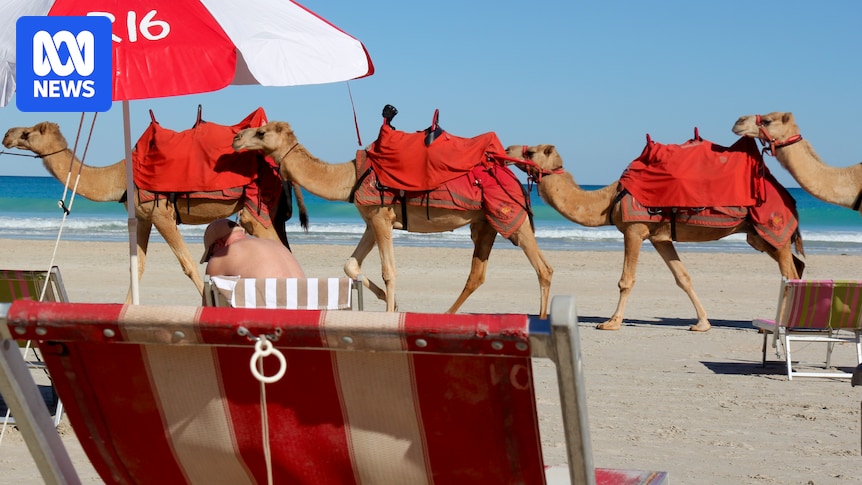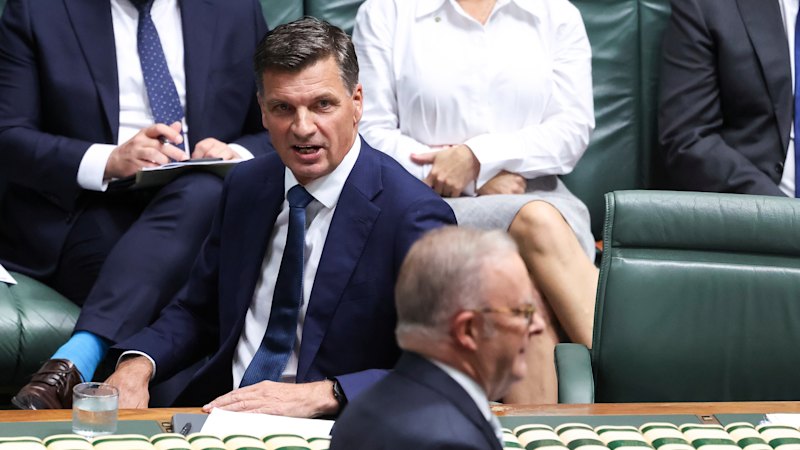
As Western Australia’s northern tourism season draws to a close, the region faces increasing isolation following the cancellation of key flight routes. Jetstar Asia’s international service between Singapore and Broome was discontinued in July, a move that has left local tourism operators bracing for financial losses. According to the Tourism Council WA, 68 percent of local businesses expect to report financial setbacks due to the route’s termination.
The council estimates that the cancellation has cost the local economy approximately $4 million, with a significant drop in international visitors—over 1,400 fewer tourists—during the remainder of the dry season. Adding to the region’s woes, domestic airline Nexus also halted its Darwin-Broome via Kununurra service in August, further restricting air access to the area.
Immediate Impact on Local Businesses
Willie Creek Pearl Farm operations manager Katerina Dodds expressed concerns over Broome’s increasing remoteness. “We’re hoping maybe someone else could pick up that route to keep those kinds of access points open,” she stated. The pearl farm, which operates year-round with reduced hours during the wet season, offers visitors insights into oyster harvesting and pearl cultivation.
Direct flights from Melbourne and Sydney to Broome have also ceased following the end of the tourism season. Dodds noted a noticeable decline in visitors. “Having direct flights from those capital cities like Melbourne and Sydney straight to Broome, we get so many people … we’ve definitely seen in this last week a real drop-off in those numbers,” she said.
Kelly Clifton, a shop owner on Broome’s main Chinatown strip, echoed these sentiments, highlighting the absence of international visitors. “We’re not seeing those international people come in anymore, and I just think the economy’s down, people can’t afford it,” she remarked.
At the Malcolm Douglas Crocodile Park, manager Owen Douglas pointed to rising costs as an additional pressure. “In the last couple of years, obviously financially, the cost of living is coming up for everyone here, and even for us as business owners, the cost of getting supplies,” he explained. Despite these challenges, Douglas emphasized the importance of maintaining affordable experiences for visitors.
Aviation Access: A Critical Component
Tourism Council WA chief executive Evan Hall stressed the importance of aviation access for Broome’s success as a tourist destination. “The people who really want to come and who will spend a lot of money and boost that local economy are international and interstate visitors, and they clearly need that capacity to fly in,” he stated.
“If there are no flights from the east coast, the tourist season starts to wind down dramatically,” Hall added.
His concerns were shared by Australia’s North West executive Bill Tatchell. “Any loss of a service has a direct impact because that is an amount of people not arriving via aeroplane to spend money in our community,” he said.
Calls for Better Regulation
In response to the situation, a spokesperson from the now-defunct Jetstar Asia apologized for any inconvenience caused. “This was a difficult decision, and we regret any impacts to the local tourism industry,” the statement read.
Nexus Airlines has called for better regulation of regional air routes to “safeguard essential air access.” The airline suggests that a regulated model could offer a practical solution to protect long-term service continuity and prioritize community needs.
“Regulation would help ensure reliable, affordable and sustainable services by aligning supply with demand …without any requirement for financial support from the state government,” Nexus Airlines stated.
WA Transport Minister Rita Saffioti indicated in August that the state government would continue to collaborate with airlines to secure the future of international flights.
Looking Ahead
The ongoing challenges faced by Broome’s tourism sector highlight the critical need for reliable air services. As local businesses grapple with the impact of reduced visitor numbers, the pressure mounts on government and industry stakeholders to find sustainable solutions. The future of Broome’s tourism industry may well depend on the ability to restore and expand air connectivity, ensuring that the region remains accessible and attractive to both international and domestic travelers.







